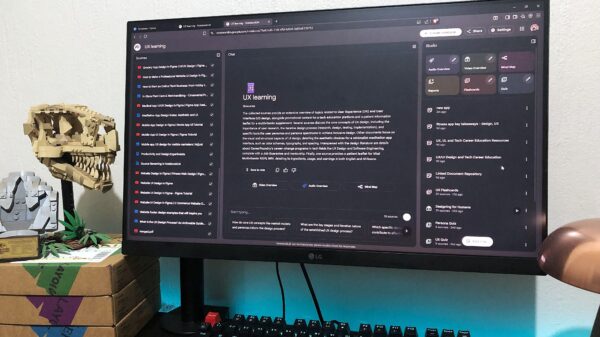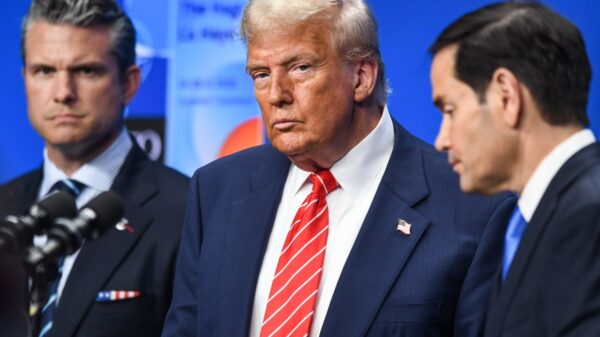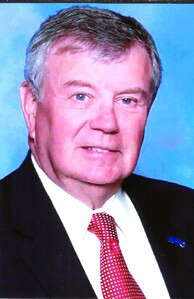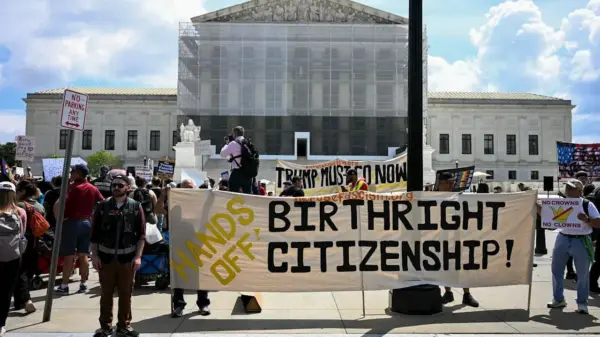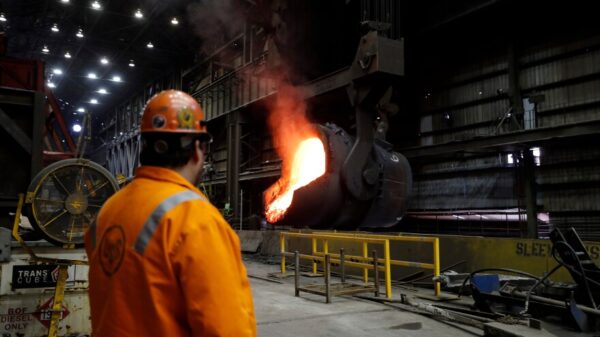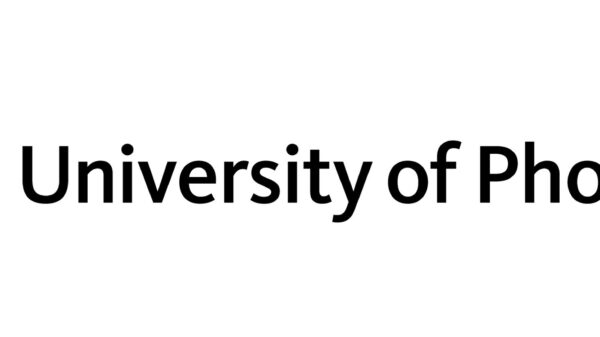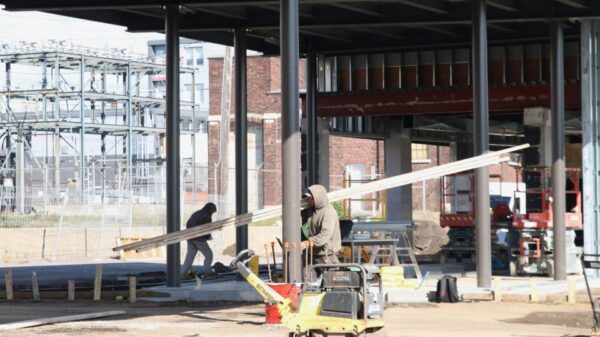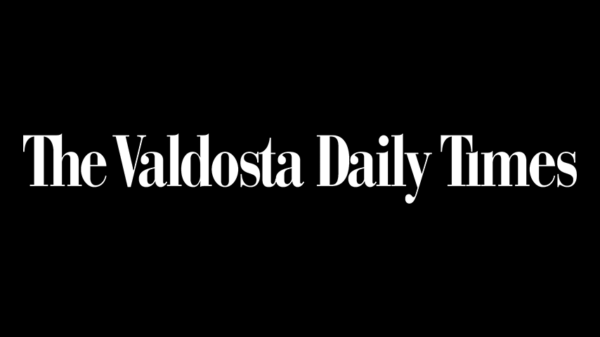During a recent episode of HBO’s “Real Time,” CNN Political Commentator Van Jones addressed the lack of coverage regarding the violence against Christians in Nigeria. He emphasized that both mainstream media and the global left have largely overlooked this issue, describing the silence as a significant injustice against African people and human rights.
Jones expressed his frustration on the program, stating, “There has been almost no response from the global left and no attention from mainstream media.” He asserted that this neglect constitutes a “crime against African people, black people, and human rights.” Jones pointed out the stark contrast in media attention given to different groups, highlighting what he described as a “double standard for Jews.” He stated, “No Jews, no news,” implying that issues affecting Jewish communities garner more significant focus than those faced by others, such as the violence in Nigeria.
In the discussion, host Bill Maher supported Jones’s claims by characterizing the situation in Nigeria as an “actual, planned genocide.” He noted the systematic targeting of Christians, indicating that the violence is not merely sporadic but part of a larger campaign against this religious group. Jones concurred with Maher’s assessment, reiterating that the lack of response is unacceptable.
The conversation also touched upon the broader context of violence in Africa, with Jones mentioning the ongoing crisis in Sudan. He described the actions of armed militias, saying, “In Sudan, right now, you have an Arab militia murdering people by the wheelbarrow.” This statement further illustrated the extent of violence occurring on the continent, which he argued rarely receives the attention it warrants.
Jones’s remarks resonate with concerns about the media’s prioritization of certain narratives over others. His comments reflect a growing frustration among some commentators regarding the disparity in coverage of global issues, particularly those affecting marginalized groups.
As violence continues in regions like Nigeria, it raises critical questions about the role of media in highlighting human rights abuses. Jones’s statements serve as a call to action for greater awareness and advocacy regarding the plight of those suffering from religious persecution, particularly in contexts that may not fit mainstream narratives.





